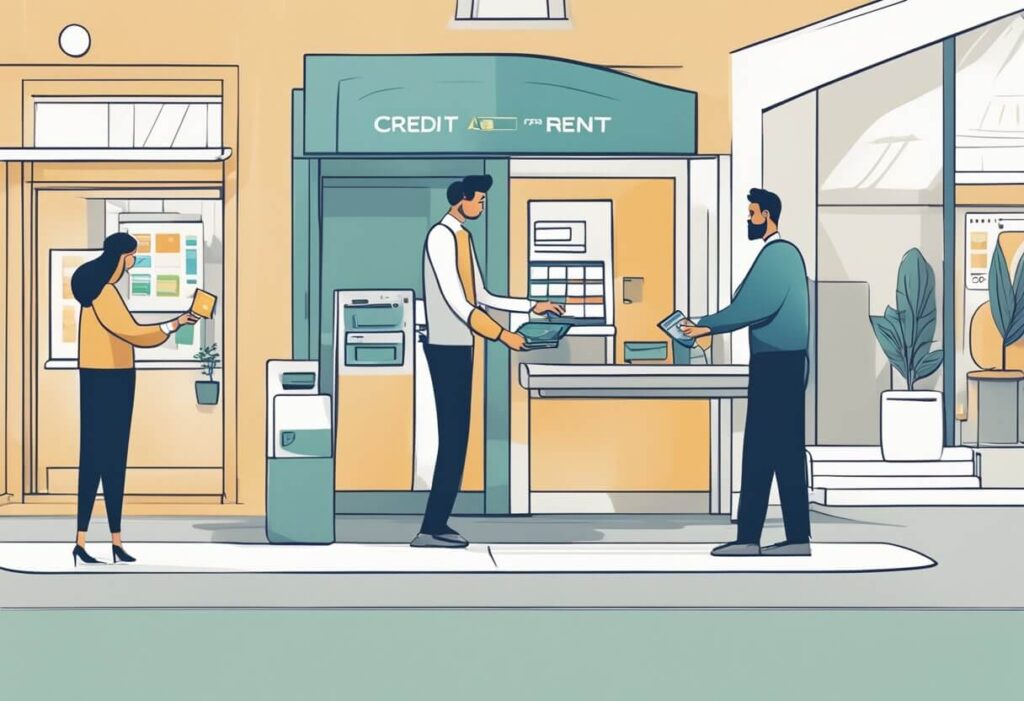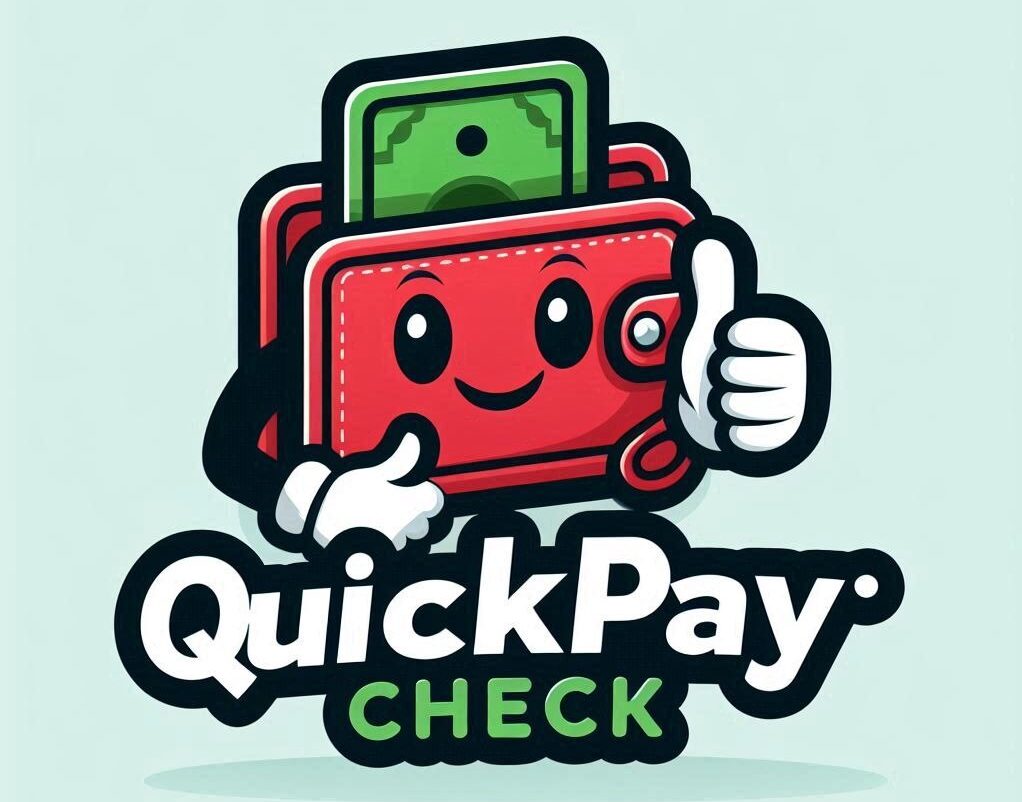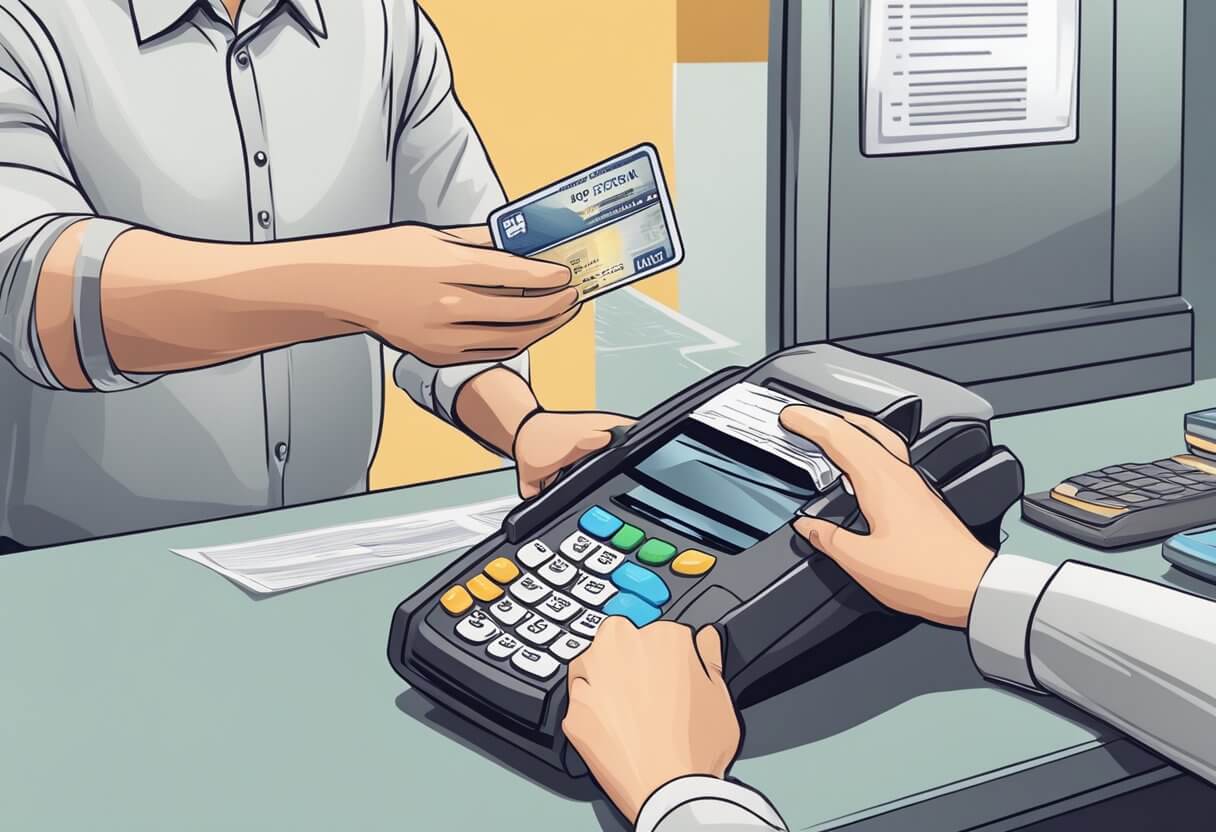Have you ever found yourself strapped for cash just before rent is due? As tempting as it might be to just throw the payment on your credit card for rewards or convenience, there are definite risks to weigh and downsides to consider. Putting rent on a credit card may seem helpful in a pinch, but it requires thorough budgeting and repayment planning to avoid unintended consequences.
So should you do it or not? Let’s investigate further.
Can I Actually Pay Rent Using My Credit Card?
Before weighing the pros and cons, it’s reasonable to ask: Is paying rent with a credit card even possible in the first place?
The short answer is yes, renters generally have a few options for using credit cards to pay all or some of the rent they owe each month. However, roadblocks and inconveniences are likely.
Some landlords may directly accept credit cards if they utilize an online payment portal, especially more corporatized management companies overseeing hundreds of rental properties. Smaller landlords leasing out a single property are far less likely to take on the hassle and expense of processing tenant credit card payments every month.
According to a 2022 survey by Stessa, only 24% of renters said their landlords accept credit card payments for rent, either directly or through a third party. So the vast majority of renters unfortunately won’t have this option with their current living situation.
For those whose landlords won’t budge on old-school payment methods, third-party services have emerged to bridge the gap. Companies like Plastiq and RentMoola enable users to securely pay any vendor or recipient using their credit card for a processing fee, usually around 2-3% of the total transaction.
Here’s how it works:
- You connect your credit card to create an account
- Enter details about the payment including the recipient and amount
- The service processes the transaction on your card
- They then issue a mailed check or electronic transfer to the landlord
The payment shows up on your credit card statement like any regular purchase, allowing you to potentially earn points, miles or cash back if it’s a rewards credit card. Just keep in mind that $30-$60 in processing fees each month could negate much of what you earn back, depending on your rent amount and card rewards rate.
If you’re really in a tight spot, taking a cash advance from your credit could technically be an option as well. This allows you to withdraw cash which could then presumably be used to pay rent. However, cash advance fees are notoriously high at around 5% of the amount borrowed or $10 minimum. And cash advances begin accruing interest immediately upon withdrawal, often at a loftier rate than purchases. As a result, credit card cash advances should only be considered as an absolute last gasp option.
Weighing the Pros and Cons of Paying Rent With a Credit Card

Alright, so paying rent with plastic is an option for at least some renters should they decide to take that path. But should they? What exactly are the advantages and potential pitfalls?
Let’s break down the primary pros and cons.
Pros
Paying rent with a credit card offers a few potential benefits:
- Earn rewards: If your credit card offers cash back, travel miles or points on purchases, charging rent could help you accrue rewards much faster. Even a typical 2% cash back card would score you $40 back if your monthly rent is $2,000. Over a year that adds up to nearly $500!
- Meet sign-up bonus requirements: Many rewards credit cards entice new applicants by offering a hefty sign-up bonus upon meeting a minimum spending threshold within the first 3 months. Since rent is likely most people’s largest recurring expense, putting it on a new card can help ensure you unlock that lucrative bonus fast.
- Build credit history: One major factor that influences credit scores is payment history. As long as you continue paying your credit card statement balance on time and in full each month, charging rent could actually demonstrate positive credit management habits and incrementally boost your score over time.
Cons
As tantalizing as those benefits might sound, several drawbacks should also enter the decision equation:
- Transaction fees add up: Any service facilitating credit card rent payments passes processing costs to the user, usually from 2-5%-2.9% of the full amount per transaction. That’s $40-$60 extra in fees monthly if your rent is $2,000. Unless your new card has an exceptionally high rewards rate, you’ll probably lose money each month after accounting for these fees.
- Risk of interest charges: Credit cards carry notoriously steep interest rates, currently averaging around 21.19% APR according to Federal Reserve data. Unless you pay off your statement balance in full and on time, interest starts accruing based on your remaining balance. A single missed payment could easily wipe out months of accumulated rewards if you begin racking up interest each month. This can swiftly spiral out of control.
- Potential credit score damage: Charging a chunk as massive as rent could significantly spike your credit utilization ratio, which compares your total balances across all cards to your total available credit. Experts warn against exceeding 30% utilization, but a $2,000 rent charge would blow well past that threshold if your combined limits sit around $10,000. High utilization drags scores down, though the impact fades as your balance decreases.
As this breakdown shows, blindly paying rent with a credit card has quite a few pratfalls to consider before moving forward.
When Does It Make Sense to Put Rent on a Credit Card?

Given the mixed bag of pros and cons, are there any clearcut instances where paying rent with a card shines as prudent strategy?
The decision ultimately comes down to mitigating fees and risks while maximizing rewards. Here are two situations where it could prove worthwhile:
- You’re pursuing a premium sign-up bonus: Credit card companies aggressively compete for new applicants, and one way they provide immense value upfront is through a sign-up bonus. After being approved, meeting a pre-set minimum spending threshold within a set timeframe (usually 3 months) scores you a chunk of bonus miles, points or cash. Since these bonuses frequently exceed $500 in value, they can more than offset 1-3% processing fees necessary to charge rent.
- You will pay off your balance each month: By paying your statement balance in full and on time monthly, you skirt both processing fees and interest charges while steadily accruing rewards. As long as your rent charge doesn’t demolish your credit score or aspirational credit limit in the process, this approach checks all boxes. Just commit to paying off your balance each month no matter what.
As long as you enter the situation eyes wide open to the risks and put proper guardrails in place, rare instances exist where renting with credit makes perfect sense.
Step-By-Step Guide to Paying Rent With a Credit Card
Alright, let’s say you’ve crunched the numbers and are ready to pull the trigger on credit card rent. Here’s an actionable walkthrough on handling everything properly from start to finish:
- Request a credit limit increase: Since rental costs are so expensive, consider asking your card issuer to approve a higher limit beforehand so your credit utilization doesn’t immediately max out and sink your credit score.
- Find the optimal card for rent: Ideally your card should offer robust rewards to counteract fees and report to all three credit bureaus to give your score a boost during diligent repayment. Comparing your current cards against other excellent options for rent payments is wise here.
- Understand exactly what fees apply: Know whether your landlord or payment facilitator charges a transaction fee or if your card tacks on a cash advance fee. Calculate the estimated monthly impact so you can accurately offset it via rewards.
- Set calendar reminders for payment due dates: Mark your calendar to pay your credit card bill early or consider setting up autopay directly from your checking account. This safeguards your credit score against any risk of an accidentally missed payment.
- Pay your statement balance IN FULL once rent charge clears: Allow a few days for your rent charge to fully process onto your new statement balance, then pay off the entire balance immediately before interest accrues. Set a monthly reminder if needed. Avoiding deferred interest charges makes all the difference.
Stick to this checklist and you’ll be well on your way to responsibly racking up points and miles courtesy of your monthly rent check.
Which Credit Card is Best for Paying Rent?
Navigating today’s saturated credit card market and identifying the single best option for your rent payment needs poses a formidable challenge.
Ideally, the perfect credit card for rent should offer:
- Generous rewards rates with flexible redemption choices
- 0% intro APR on purchases to defer interest if needed temporarily
- No processing fees or cash advance fees on rent payments
- No annual fee to reduce long term costs
- Robust bonus opportunity to offset temporary spending spike
- Wide acceptance among landlords and payment processors
One newer player checks nearly all those boxes: the Bilt Mastercard®.
Here’s a quick rundown of why it shines specifically for rent:
✅ Earn 1x point per $1 on rent with no limit, plus bonus categories like dining and travel
✅ No processing fees, though minimum spend rules apply
✅ Flexible redemptions for rent payments or even a mortgage downpayment
✅ Large welcome bonus opportunity worth around $750 in perks
✅ Rent reporting to Equifax to build robust credit history
For renters seeking both rewards acceleration and credit enhancement, the Bilt Mastercard® offers a purpose-built solution with rare benefits perfectly pairing rent with credit card incentives.
How Does Paying Rent With a Credit Card Impact Your Credit Score?

A key consideration before swiping any plastic for rent is clarifying exactly how it might help (or harm) the precious credit score influencing so many aspects of finances.
The main impact centers around credit utilization: Experts caution to never exceed maxing out more than 30% of your total available credit limits across all cards, as overextending is penalized in scoring calculations. Even with a healthy score, expect at least a temporary dip after charging such a massive expense.
As soon as your statement balance gets paid down, however, your credit utilization likewise decreases and your score bounces back until next month’s rent charge. Responsibly managing large payments demonstrates positive financial habits that gradually build your score over time.
One powerful opportunity with select cards is explicit rent reporting to major credit bureaus. The Bilt Mastercard is unique in providing this ability. When your on-time rent payments continually land on your credit report monthly, you may see your score incrementally but consistently climb higher.
Can Paying Rent With a Credit Card Lead to Unmanageable Debt?
Perhaps one of the biggest risks when putting rent on credit cards is failing to repay balances quickly and plunging into debt. This ruins any rewards earned many times over and devastates your credit standing and financial health.
It’s easy imagining a rosy scenario where charging rent lets you earn points while simultaneously building sparkling credit. But if sudden hardship leads to missed minimum payments, interest charges cascade almost exponentially. Penalty fees for late payments only steepen and compound debt issues further.
Before ever putting rent on a credit card, have an actionable “Plan B” for repayment if your finances unexpectedly shift or destabilize. That might include:
- Paying at least the monthly minimum even if unable to pay in full
- Hastily working overtime or finding additional income streams
- Discussing special arrangements or temporary relief options with your landlord
- Setting up an emergency fund covering 3-6 months of expenses as a safeguard
- Temporarily shifting balances to a 0% intro APR card to stall interest accrual
While plastic facilitates speed and convenience, it also risks getting renters into deep debt far faster than otherwise possible. Approach with extreme caution and self-awareness.
Final Thoughts on Paying Rent With a Credit Card
When handled responsibly, occasional rent payments via credit card can net worthwhile incentives and gradually strengthen your credit standing over time. Just be prudent assessing your personal financial behaviors and risk factors first.
Always minimize fees, conclusively pay statement balances monthly, and start conservatively without overextending limits. Used judiciously as part of a coordinated rewards strategy, putting rent on credit cards can pay dividends. Otherwise risks abound, so tread carefully and listen to signals if it becomes more painful than profitable.
Have additional questions or concerns around mixing rent with credit card incentives? Share in the comments below!







